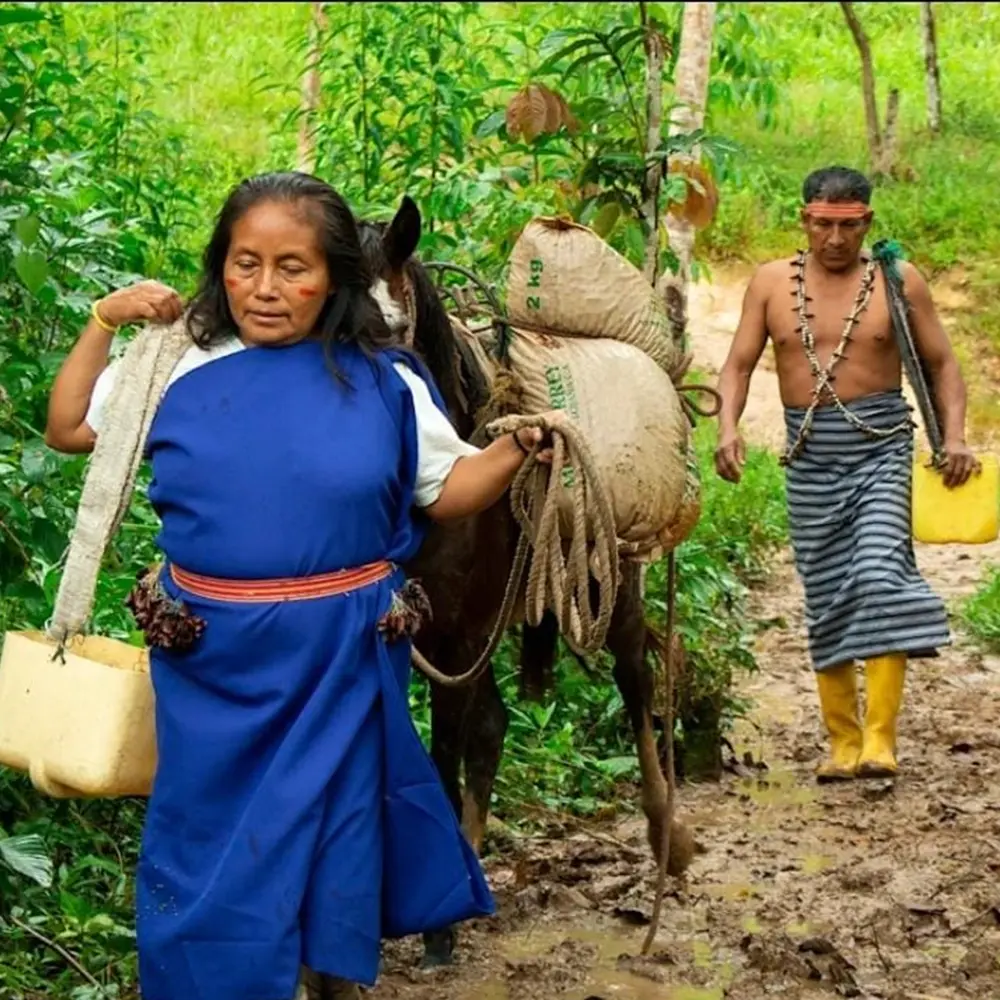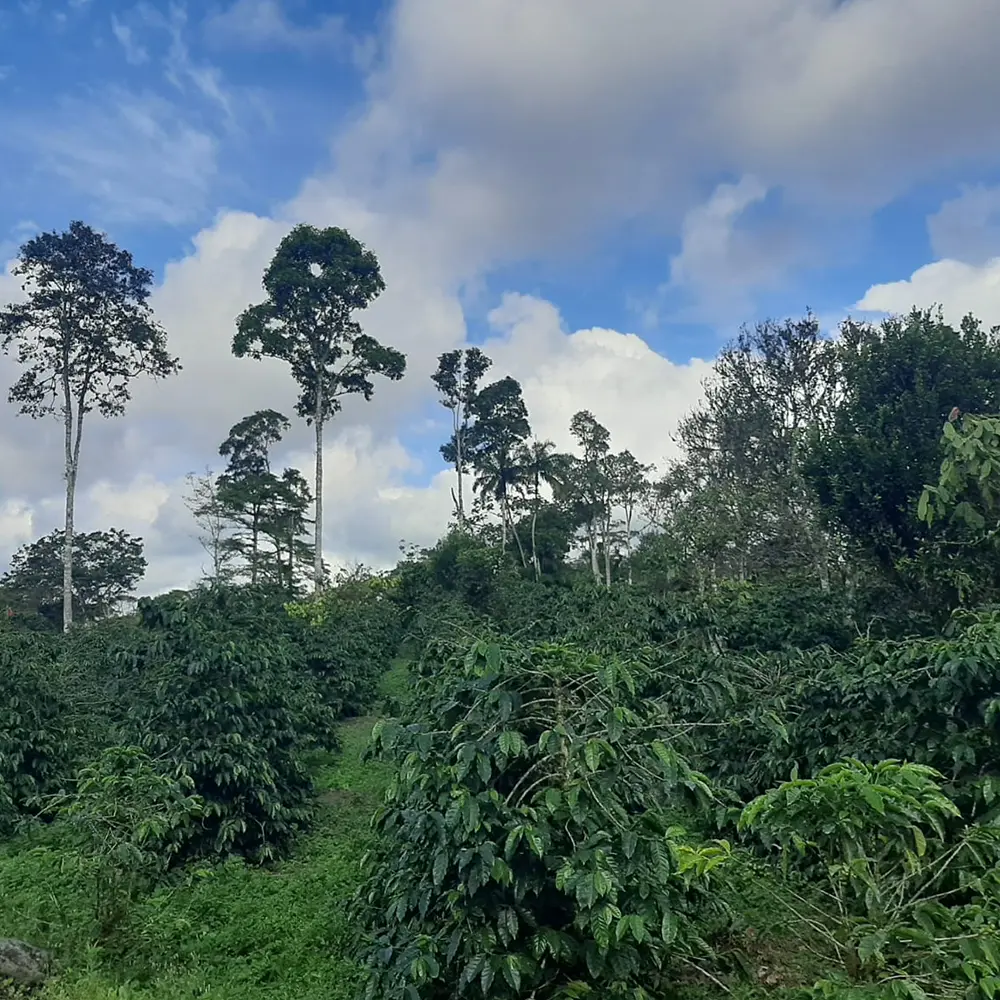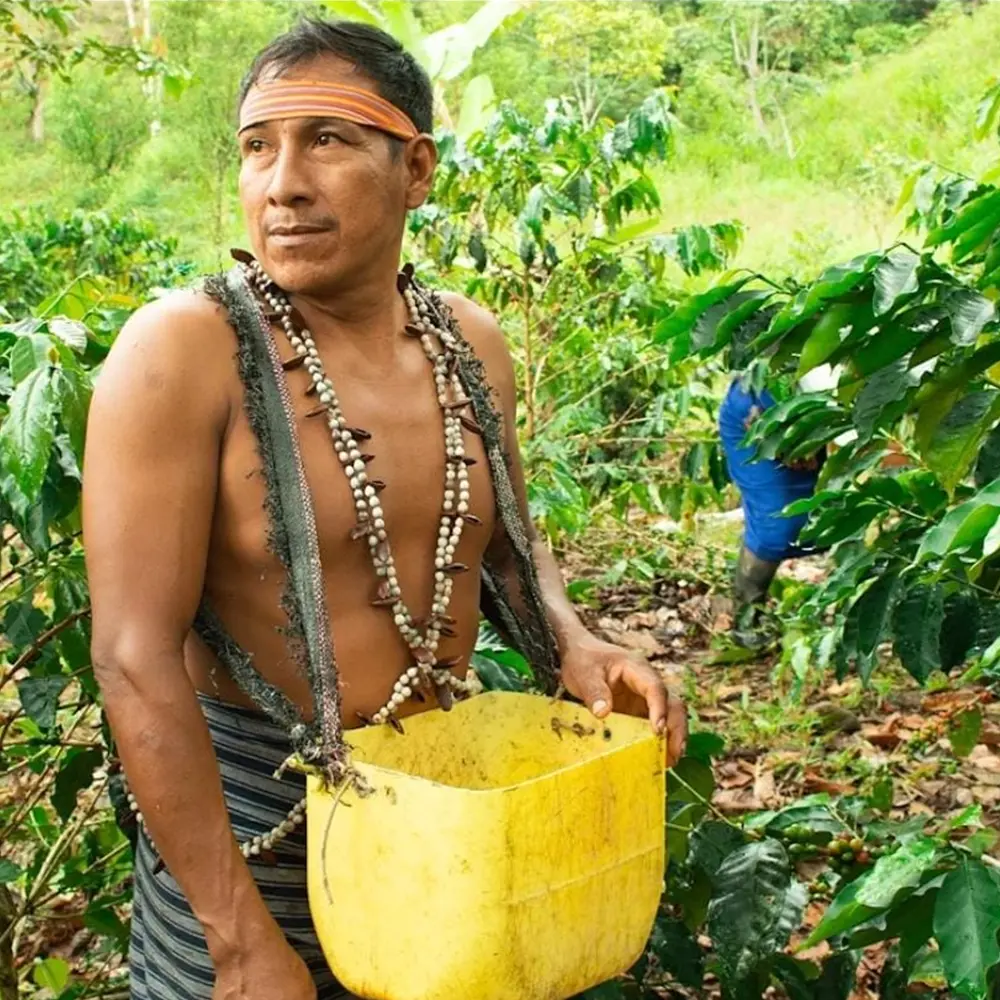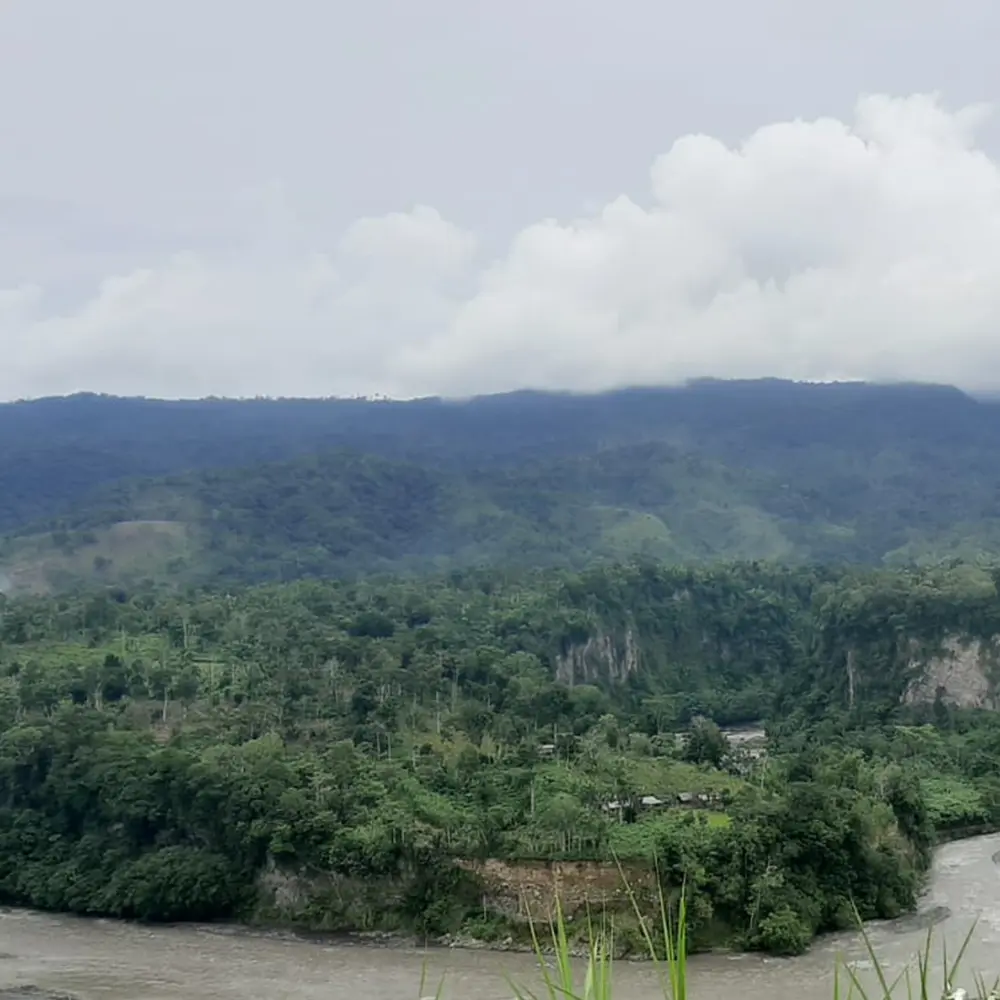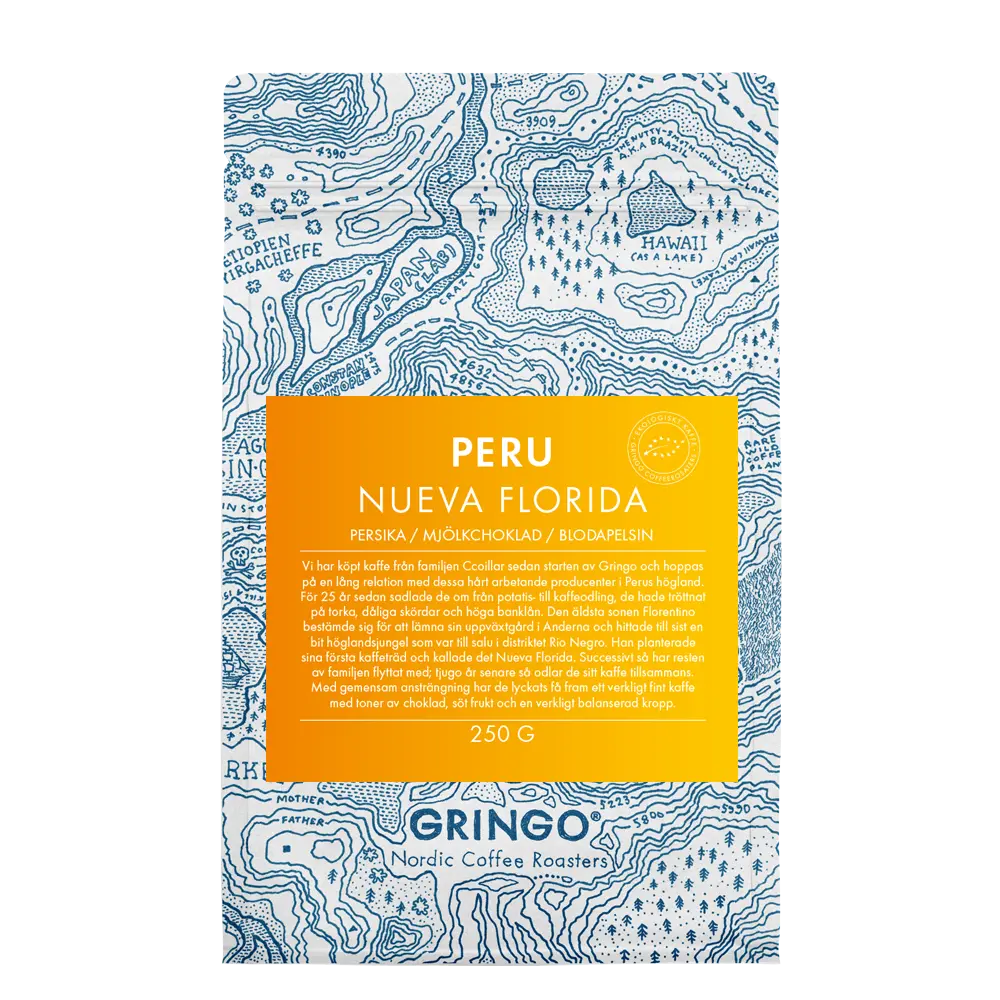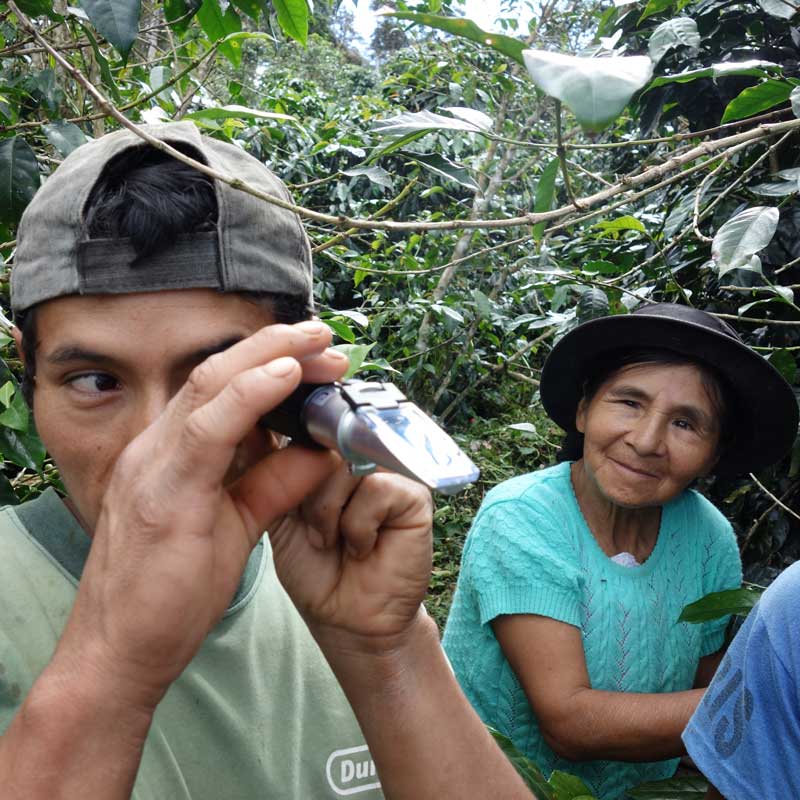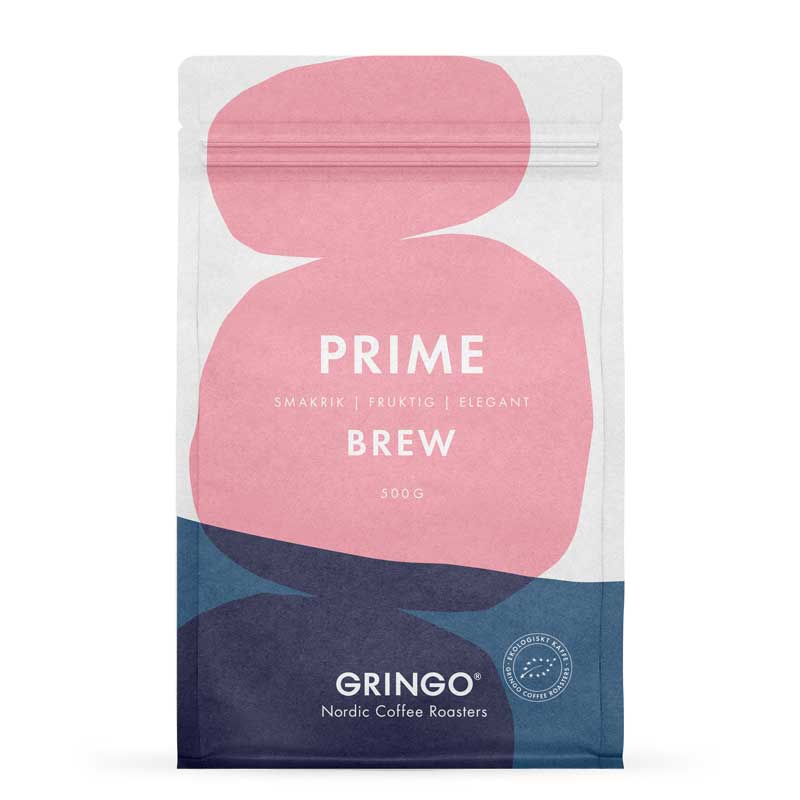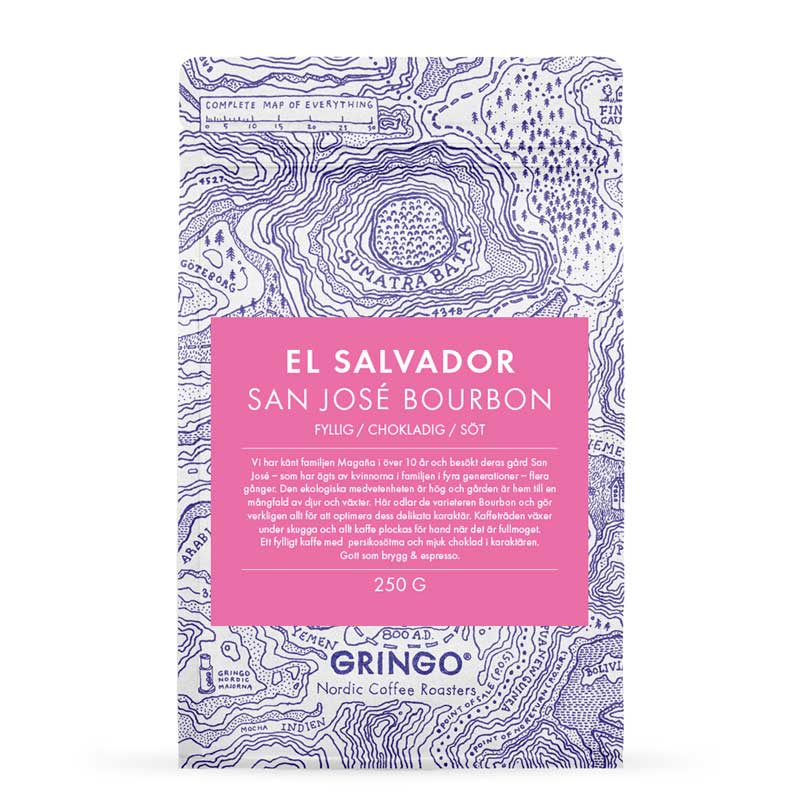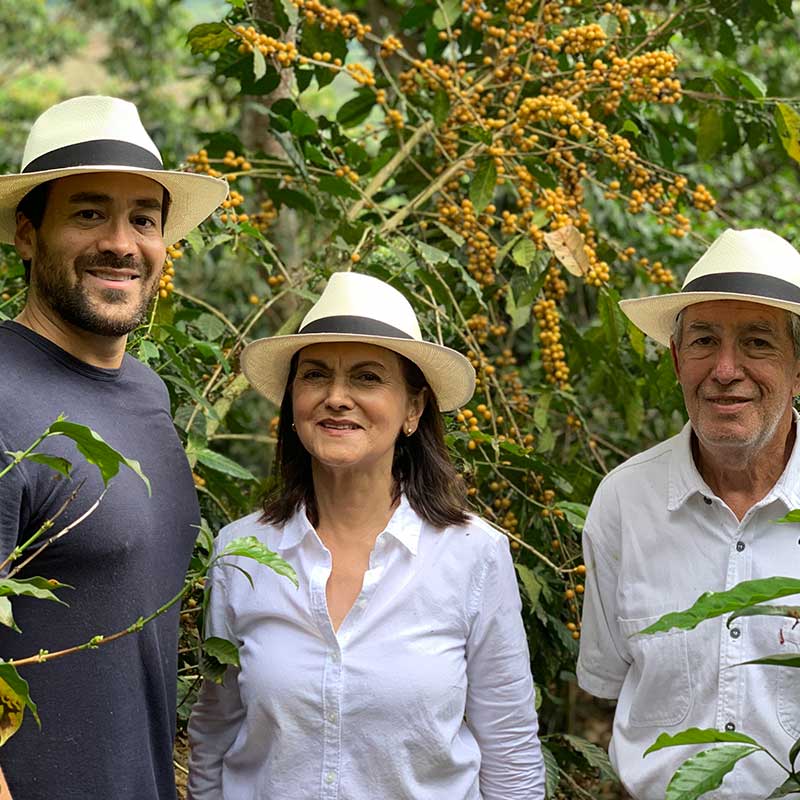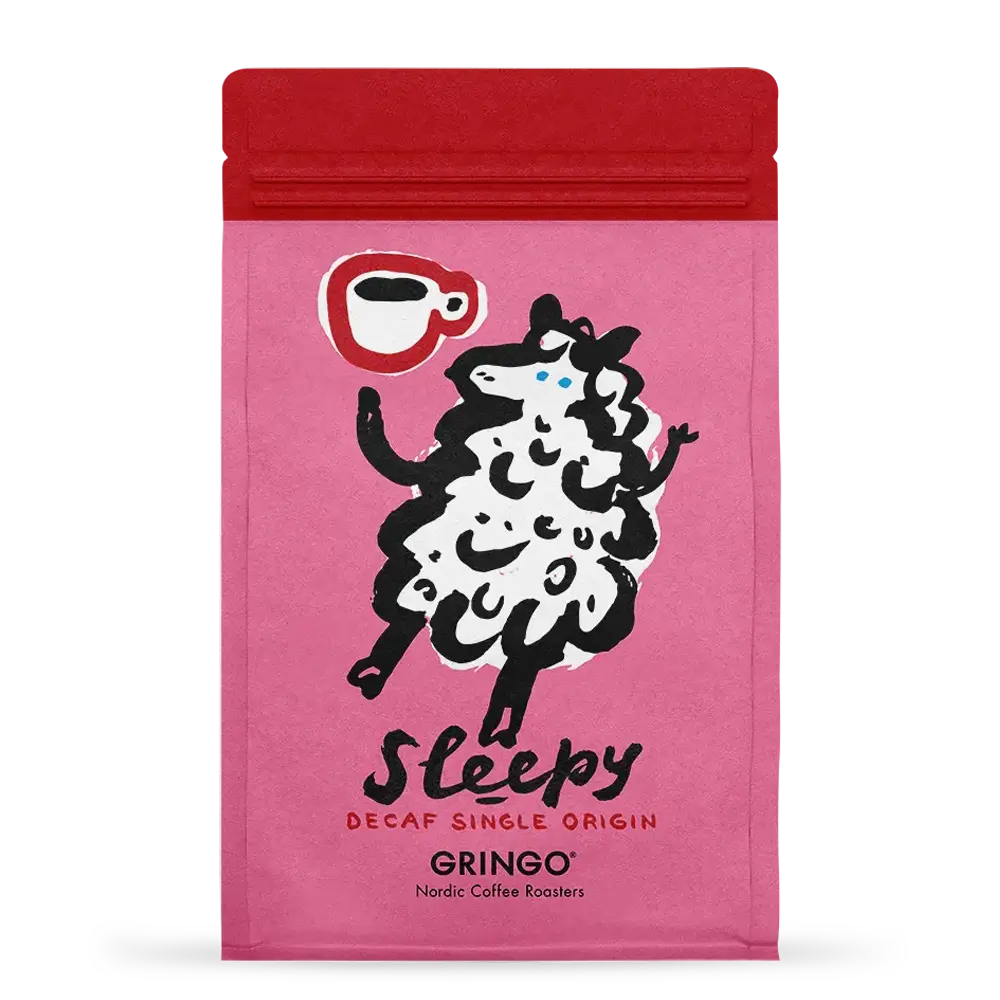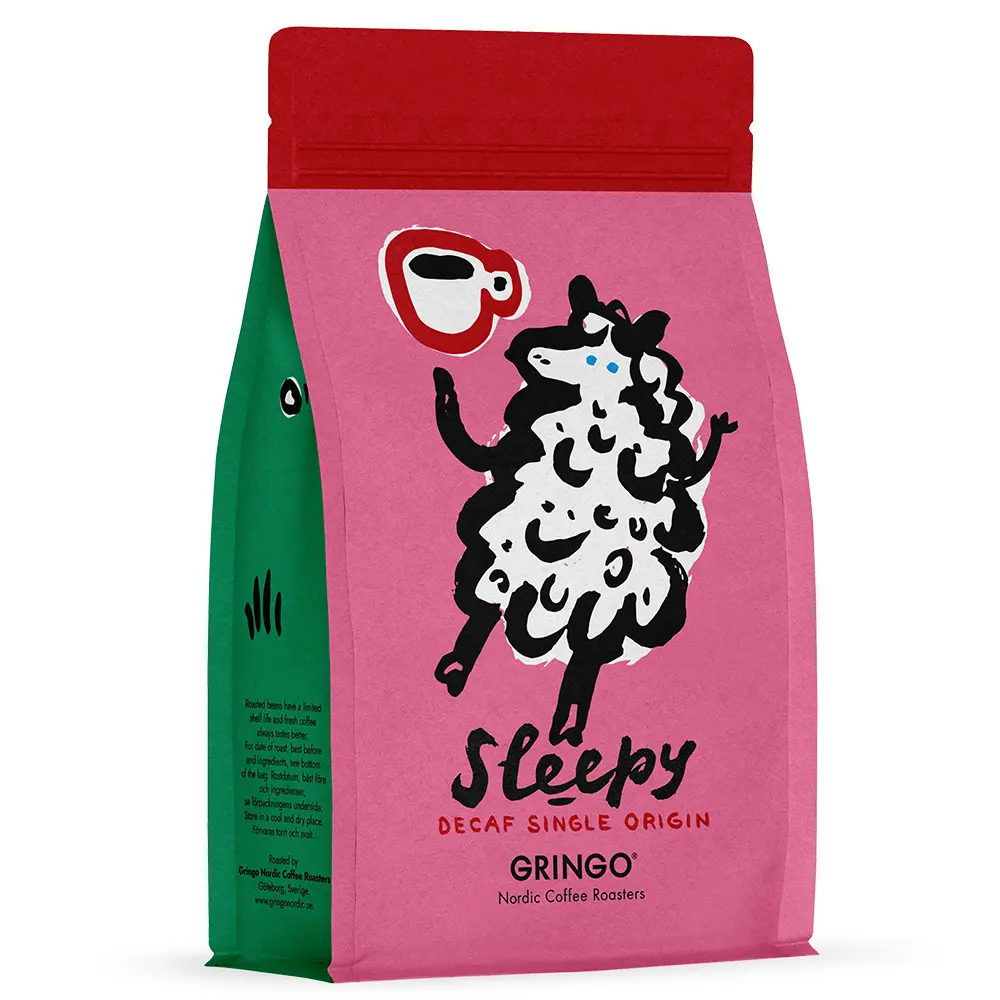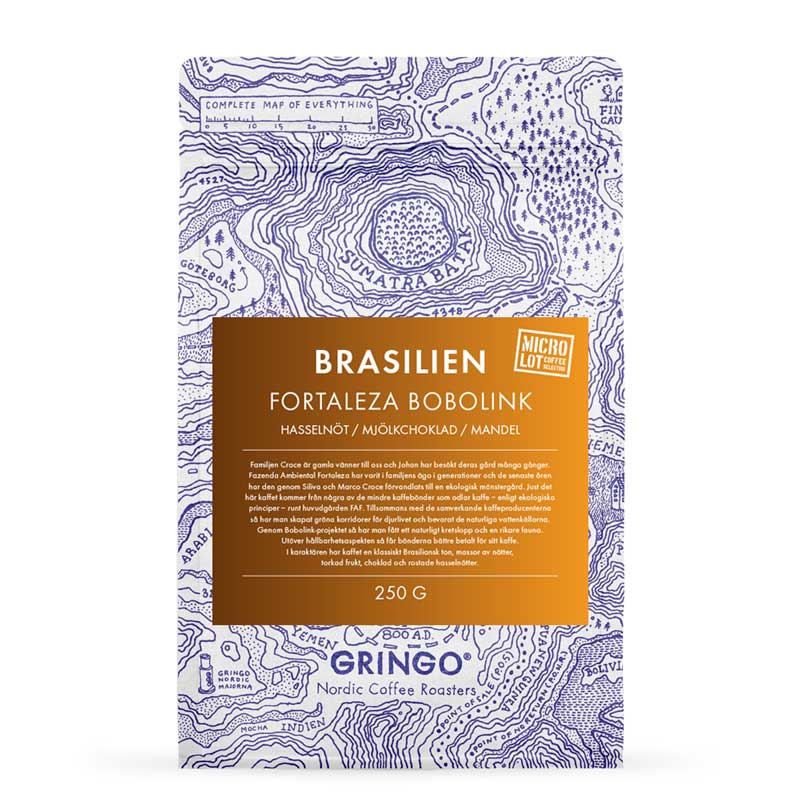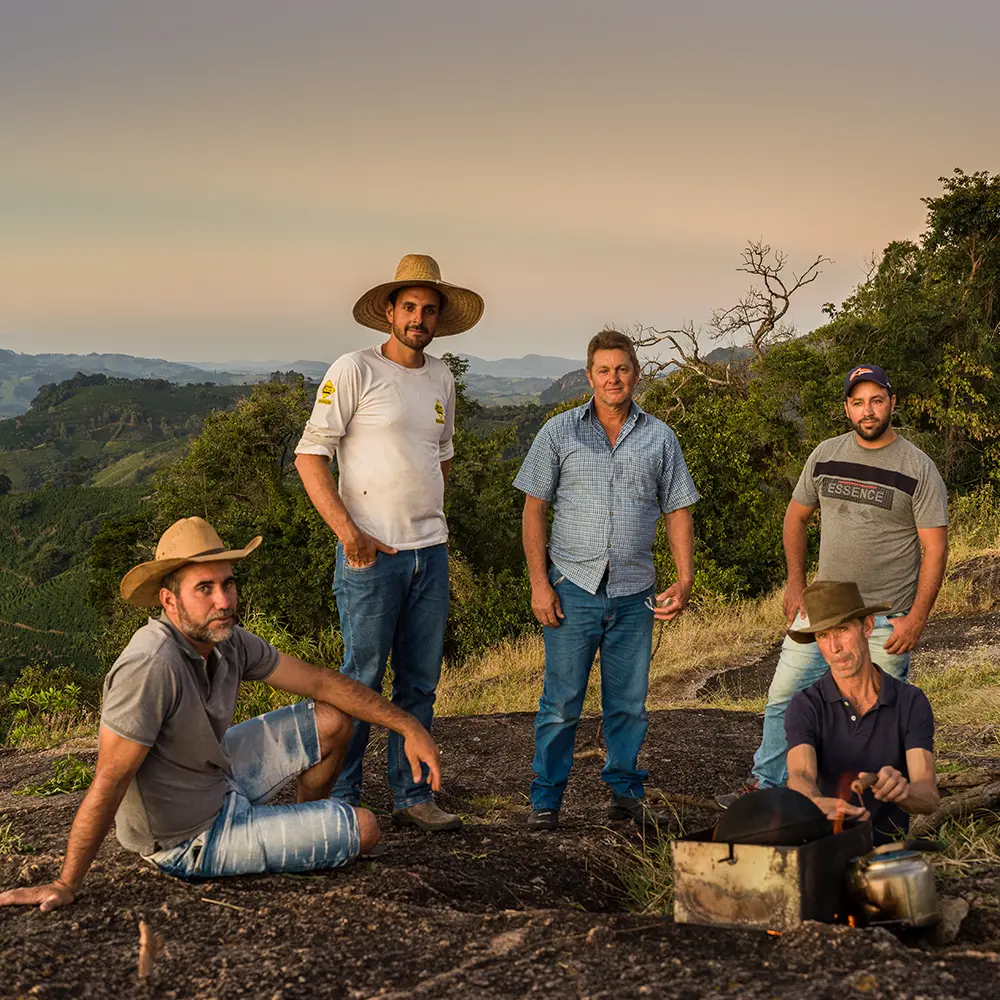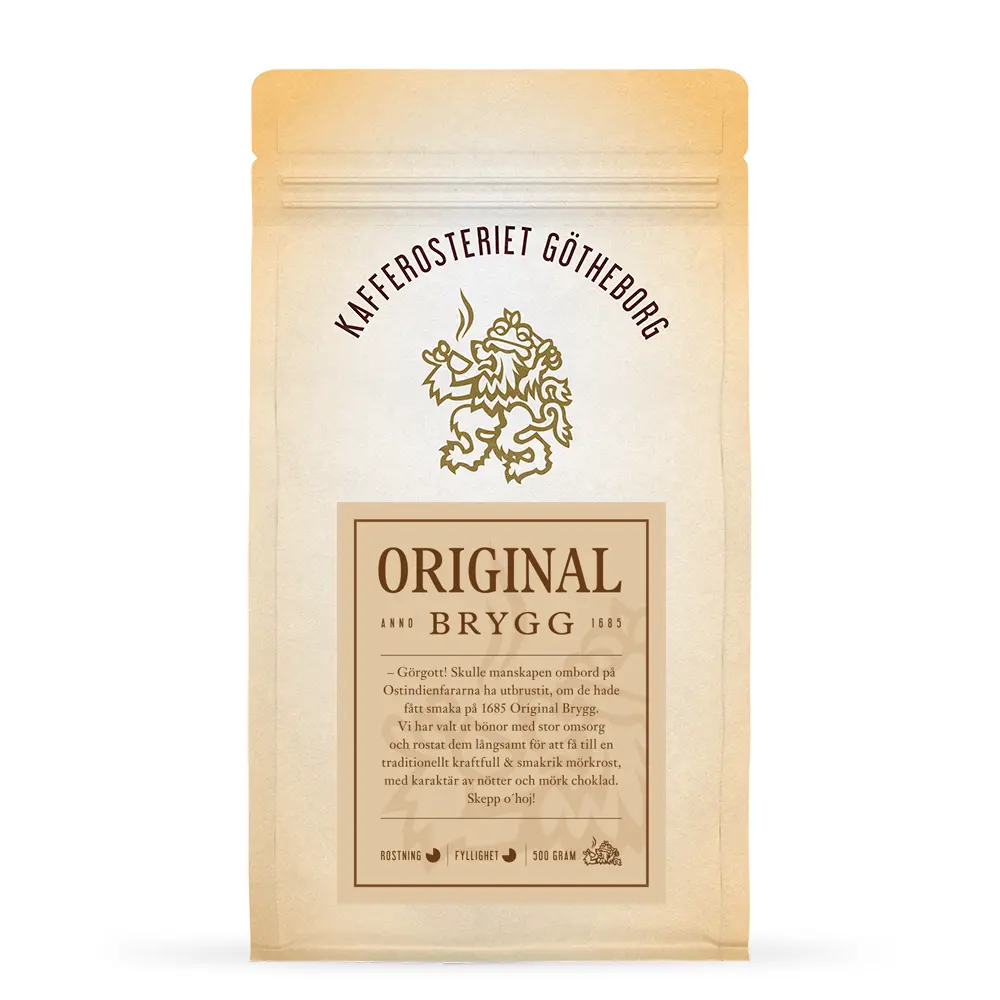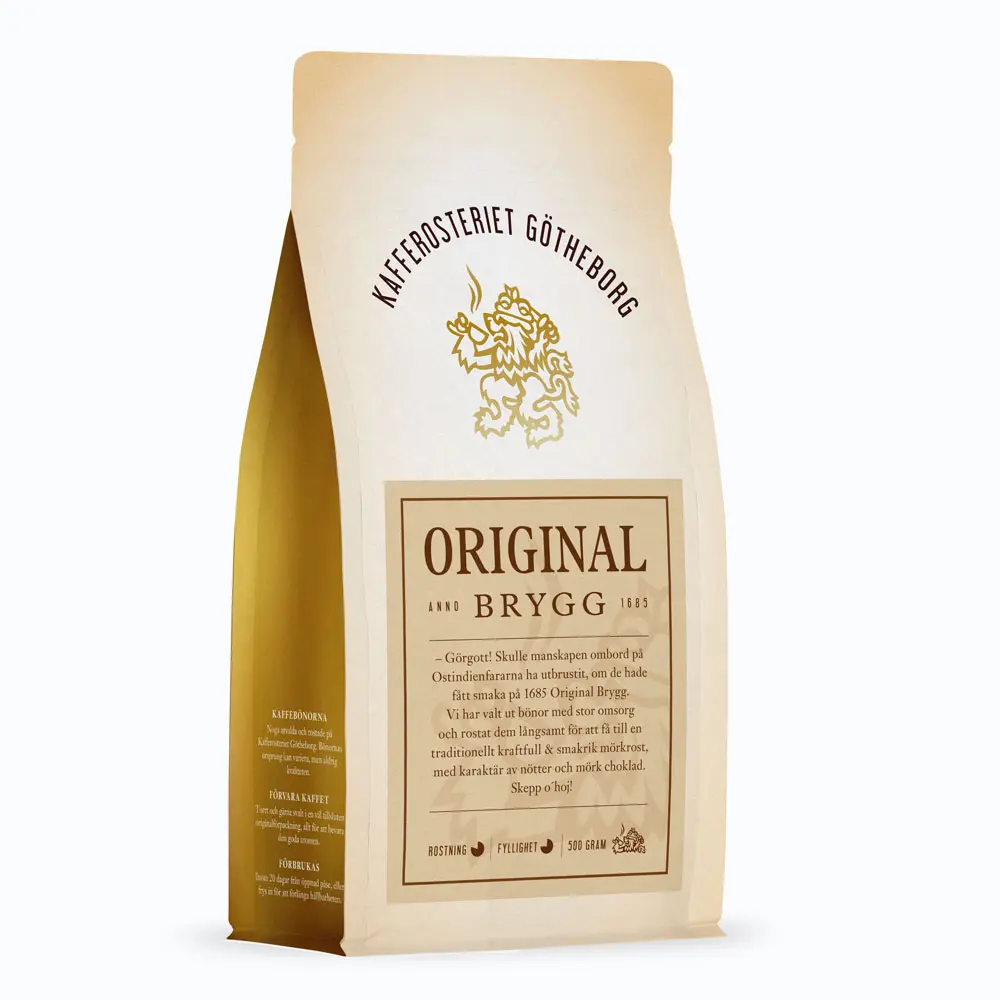Ecuador Mamak Shuar AAA
Whole Beans
15,2€
- SEK: kr 169,00
The Shuar community, an indigenous people in the Morona Santiago region of Ecuador - between the Sierra and the Amazon - grow coffee with deep respect for both Mother Nature and the spirit world. Their land is rich in biodiversity, rainfall and fertile volcanic soil and the coffee is grown using 100% sustainable methods (agroforestry). The farms are small-scale, with an average size of 1 hectare. This wet-processed The lot consists of Bourbon, SL28, Catucai and Caturra varieties. This - our first coffee from Ecuador - opens with aromas of apricot and caramel. In the cup there are notes of persimmon, and together with the sweetness of yellow apple and zest of mandarin, it makes for a phenomenally tasty coffee.
BACKGROUND
The province of Morona Santiago, located in the eastern side of Ecuador, is divided between the Sierra and the Amazon region. It is the second-largest province in the country and home to one of Ecuador's indigenous communities, the Shuar. The Shuar community has a strong belief system based on the spiritual world, where the spirit of a person is in a constant and never-ending journey. They also hold a deep respect for Mother Nature and practice coffee cultivation within an agroforestry system. The region they inhabit is characterized by high humidity due to the presence of the Amazon jungle and frequent rainfall, providing favorable conditions for coffee growth. This area also boasts the Sangay Volcano, the most active volcano in Ecuador. It is highly respected and revered by the indigenous communities of the province, and its name in the Kichwa language means 'burning mountain.' The pictogram of the logo, a representation of stars and lances, is used by the Shuarand means respect alongside the encounter with different cultures.
THE PRODUCERS BEHIND THE COFFEE
The Shuar members who contribute to this lot are scattered across communities throughout the canton of Morona. This area encompasses a wide range of elevations, from 300 masl (meters above sea level) up to 3,000 masl in the Sierra. However, the coffee farms are located between 1,100 masl and 2,000 masl. In response to deforestation that occurred in these areas in the past, the Ecuadorian government, in collaboration with the communities, initiated a process of transitioning from cattle farming to coffee cultivation. The production of coffee is carried out using an agroforestry system to protect the environment and prevent further deforestation. As part of this project, the Ecuadorian Ministry of Agriculture and Livestock provided the community with seeds such as SL-28 and Obata, which is originally from Brazil. The farms operated by the Shuar community are typically small-scale, with an average size of 1 hectare. Some farmers have their own micro wet mill, while others transport their coffee to a nearby warehouse where they can process it using a shared wet mill.
The coffee production by the Shuar community is steeped in tradition. As an indigenous group, their belief system is closely intertwined with nature and the laws of the universe. They hold a belief in superior beings, such as Etsa, who personifies the fight between good and evil, represented by Iwia. Other figures include Tsunki, who represents water, Ayumpum, a supernatural being who transports the spirits of the Shuar who died heroically and gloriously to the realm of the gods, and Nunkui, a figure symbolizing fertility and women. At their farms, it is common for them to invoke and perform rituals to Nunkui for the growth of the plants and the bountiful harvest of their fruits.
THE COFFEE PROCESS
The members of the Shuar community start their coffee process with the manual selection of the cherries, which they then take to the micro wet mill on their farms. There, they float the cherries to remove any defective ones and then pulp them. After pulping, the coffee is cleaned again to ensure the best quality for the fermentation stage. During this stage, the coffee is fermented without water in open-air plastic containers for an average time of 24 hours. Afterwards, the coffee is washed three times and taken to the solar dryer for 19 days until it is ready. Some of the producers from the Shuar community don't have a micro wet mill on their farms, so they take the cherries to the warehouse in town where they have a wet mill to process them.
Once the coffee is dried, the parchment coffee undergoes analysis by a Quality Analyst to evaluate its quality. Initially, a representative sample of the coffee undergoes a thorough physical analysis, measuring the moisture level, water activity, and identifying any physical defects. Following the physical analysis, a sensory analysis is conducted to determine the coffee's quality grade. Finally, the parchment coffee is sent to the exporter Caravela's dry mill in Quito for processing before being prepared for shipment to the port.
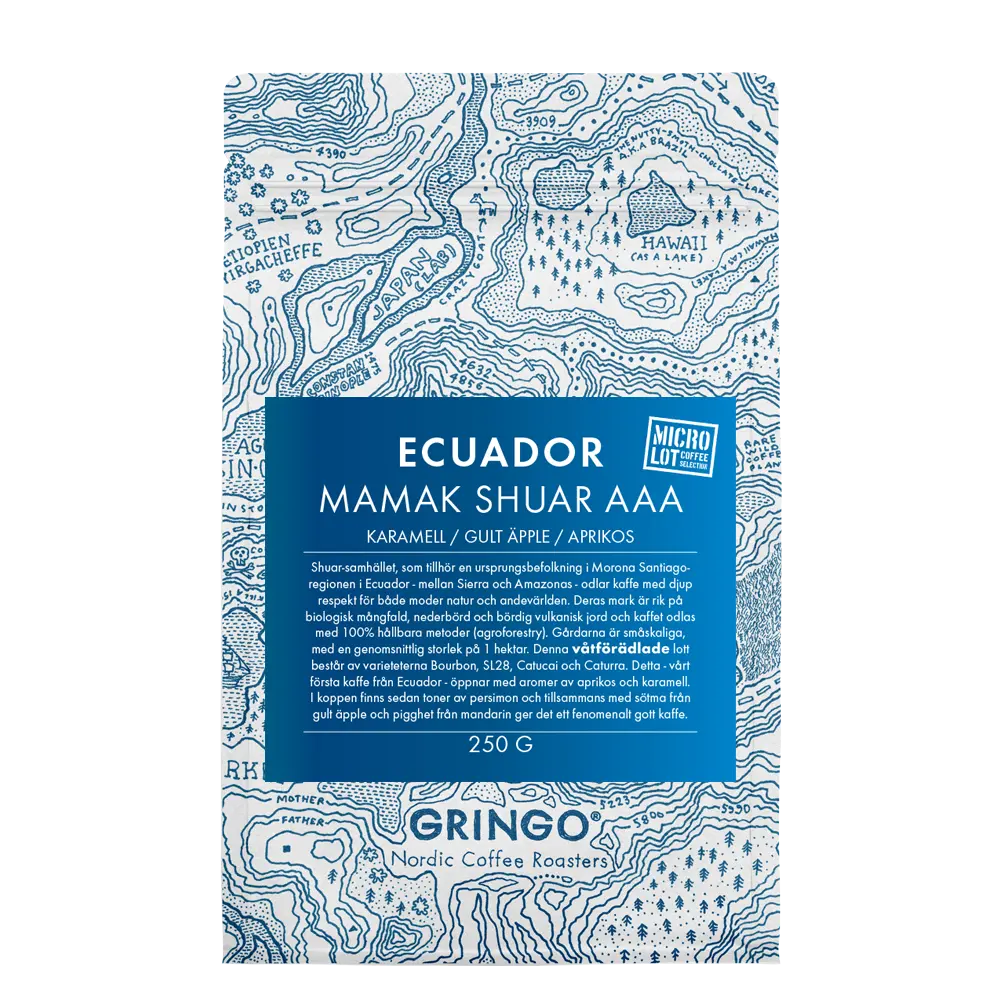
| Weight | 0,25 kg |
|---|---|
| Country | Ecuador |
| Producer | 78 members from - The Shuar Community |
| REGION | Morona Santiago Zamora Chinchipe |
| Altitude | 1200-2000 metrr. |
| Cultivar | Röd Bourbon, SL28, Catucai, Caturra |
| Process method | Washed |
| Drying Method | Raised drying beds |
| harvest period | July-October 2024 |
| Lot-size | 690 kilo |
GRINGO'S TERMS OF PURCHASE
- Free shipping over SEK 350 (otherwise SEK 65) in Sweden
- International shipping depends on country
- DELIVERY 2-3 DAYS DOMESTIC
You may also like…
RELATED PRODUCTS
Relaterade produkter
-
Single Originchocolate, Rich, nectarineFrån 12,5€
- SEK: kr 139,00 - kr 1 995,00
-
-
Single OriginHazelnut, almond, milk chocolateFrån 11,6€
- SEK: kr 129,00 - kr 1 795,00
-
FILTER COFFEEBalanced, chocolate, flavorfulFrån 17,8€
- SEK: kr 198,00 - kr 1 595,00
